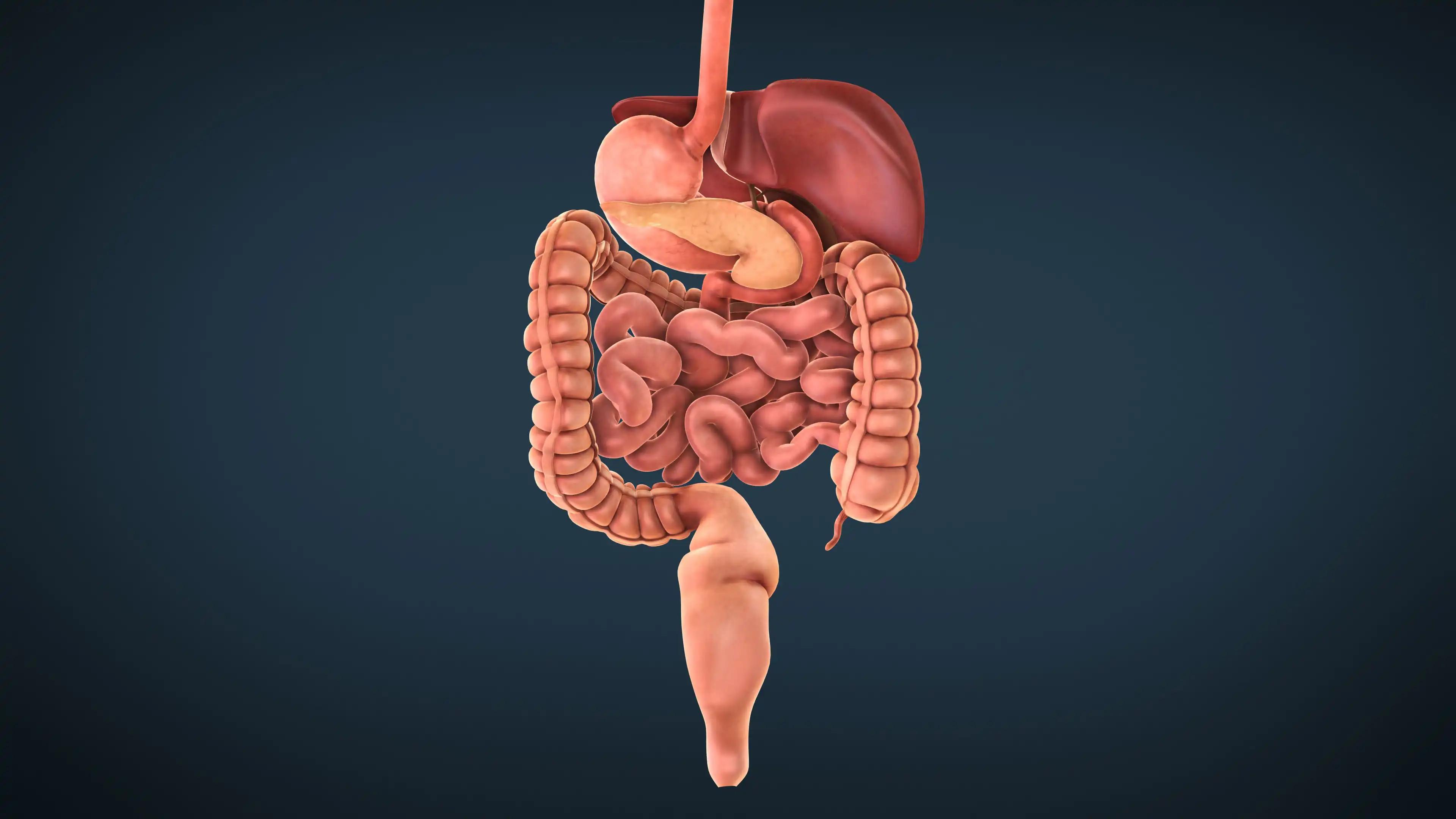KEY TAKEAWAYS
- NCT02912949 phase 2 study aims to assess the efficacy and safety of Zeno for NRG1+ cancer.
- The study aims to evaluate Zeno in patients with NRG1+ cancer for the ongoing eNRGy study and EAP.
- Participants who met certain criteria (listed below) were recruited to conduct the study. Zeno was administered until unacceptable toxicity or disease progression.
- There were no causality-specific grade 3 adverse events irrespective of causality.
- Zeno shows robust and durable efficacy in patients with advanced NRG1+ cancer.
Rare oncogenic drivers such as NRG1 fusions have been discovered in many solid tumors. These proteins bind HER3, which then causes carcinogenic HER2/HER3 heterodimerization. Biclonics antibody zenocutuzumab (MCLA-128; Zeno) blocks tumor cell proliferation by inhibiting HER3-mediated NRG1 (or NRG1 fusion) signaling. Zeno binds to HER2, where it docks, preventing the fusion of NRG1 with HER3 and HER3 from heterodimerizing with HER2. In the ongoing pivotal phase 2 portion of the eNRGy research and early access program, Zeno is being tested in patients (pts) with NRG1+ cancer (EAP).
Patients recruited had NRG1+ solid tumors treated with or were not candidates for standard therapy, ≥ 18 years old, had an ECOG PS ≤ 2, and had quantifiable (RECIST 1.1) or evaluable disease. Before participants were accepted, their NRG1 fusions were analyzed using next-generation sequencing (NGS). Patients were given Zeno (750 mg IV Q2W) unless illness progression or intolerable toxicity occurred. On average, scans of the tumor were performed once every 8 weeks. Duration of response (DOR) and safety are secondary goals, whereas investigator-assessed objective response rate (ORR) is the primary outcome.
Patients were between the ages of 22 and 84, with a median age of 59, and 47%/53% had an ECOG PS 0/1. Patients had received a median of 2 prior systemic therapy for their malignancy, which included treatments for non-small cell lung cancer (NSCLC; 41 pts), pancreatic cancer (18 pts), breast cancer (5 pts), cholangiocarcinoma (3 pts), colorectal cancer (2 pts), and 4 additional tumor types (1 pt each) (range 0-9). CD74 (27%), SLC3A2 (18%), and ATP1B1 (15%) were found to be the most common fusion partners. Responses were seen in a variety of cancers, including non-small cell lung cancer (35%; 14/40 pts), pancreatic cancer (39%; 7/18 pts), breast cancer (2/4 pts), and cholangiocarcinoma (1/3 pts), with an overall response rate of 34% (90% CI, 25;44) as measured by INV.
About 20 of 24 patients whose tumors shrank during the first examination are still doing so. 22 pts are undergoing treatment (13 NSCLC, 6 pancreases, 3 other solid tumors). The mean DOR was 9.1 months (95% CI = 5.2-12.0). The Kaplan-Meier estimate for the 6-month DOR rate was 70%. There were no causality-specifically grade 3 adverse events irrespective of causality, grade ≥ 3 events were reported in <5% of pts recorded among the 208 pts treated with Zeno monotherapy across all dosage schedules in the phase 2 setting.
Finally, regardless of tumor histology, Zeno showed strong and long-lasting effectiveness in pts with advanced NRG1+ cancer. Zeno was found to have an acceptable risk-to-benefit ratio.
Source: https://meetings.asco.org/abstracts-presentations/209207
Clinical Trial: https://clinicaltrials.gov/ct2/show/NCT02912949
Schram A, Goto K, Kim D, Romano P, Ou S, O’Kane G, O’Reilly E, Umemoto K, Duruisseaux M, Neuzillet C, Opdam F, Ahnert J, Nagasaka M, Weinberg B, Macarulla T, Jow A, Ford J, Stalbovskaya V, Wasserman E, Drilon A. Efficacy and safety of zenocutuzumab, a HER2 x HER3 bispecific antibody, across advanced NRG1 fusion (NRG1+) cancers. J Clin Oncol 40, 2022 (suppl 16; abstr 105). 10.1200/JCO.2022.40.16_suppl.105



